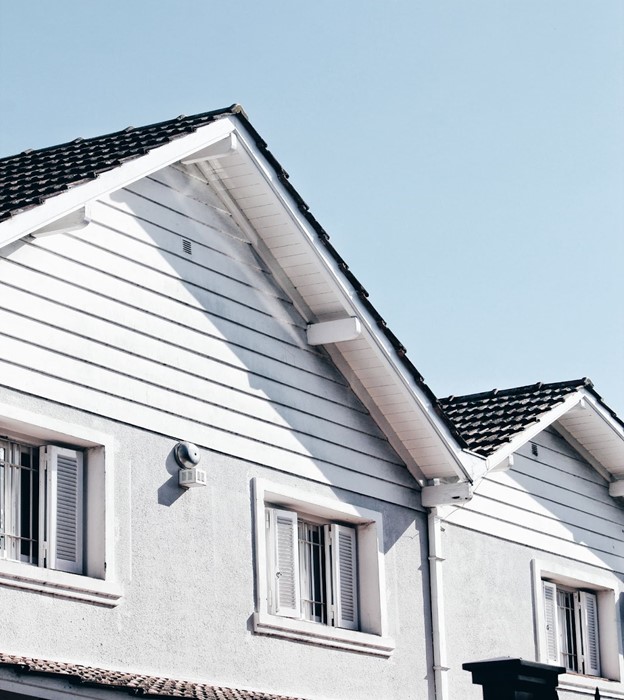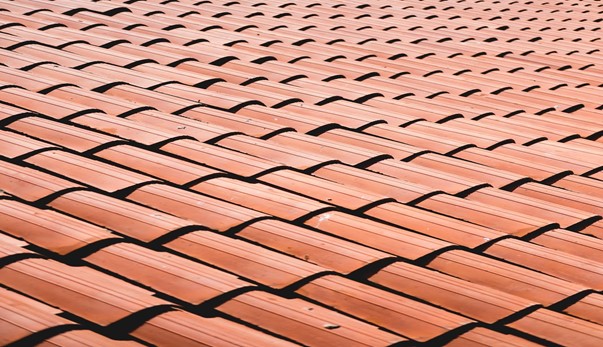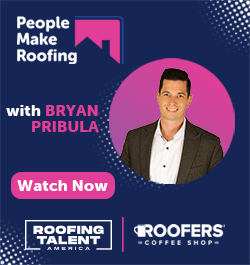Should Homeowners Invest in Roof Coating? - A Contractor's Perspective

By Jeff Guthrie, Phoenix Roofing.
Do you know what it takes to provide your roof with the maximum amount of protection possible?
Most homeowners rely on a standard roof without any additional protective measures. This includes some type of roofing like shingles, spray foam, or metal, and maybe extra insulation beneath the other roofing materials like polyiso or something else that helps improve energy efficiency and prevent moisture intrusion.
But, there are other measures you can take to ensure that your roof is fully protected from not just moisture intrusion, but wind and hail damage, UV rays and other things that might damage it. Applying a roof coating, for instance, would be one of them.
Roof coatings come in a few different types and are usually applied to the exterior of your roof by spraying them on. Roof coatings have a variety of benefits and provide protection in ways that roofs without a coating won’t experience.
So, in case you’re interested in extending the lifespan of your roof, let’s take a look at roof coatings from a contractor’s perspective and see if they are right for you.
What exactly is a roof coating?

A roof coating is like a sealant for the exterior of your roof. Although they work best with roofs that aren’t covered in shingles, there are some types of roof coatings made for use with shingled roofs as well. Roof coatings come in liquid form and are sprayed onto your roof.
Once dry, a properly coated roof will be much more impervious to the common outside elements that roofs face, such as debris, wind, rain, hail, snow, dirt, insects and more. There are four main types of roof coatings. They are acrylic, polyurethane, silicone and a fluid-applied rubber asphaltic membrane system.
Polyurethane coatings were developed for use over foam roofing, but they can now be used over many different types of roof membranes. They have an excellent rating for foot traffic and impact resistance, but need to be applied in two separate coats.
The aromatic coat goes on as a sub-base and the aliphatic coat acts as the top surface. The asphaltic rubber membrane system is sprayed on and forms a membrane that is monolithic and seamless. This type of roof coating is cheap and often used for extending the lifespan of already-existing roofs.
Both acrylic and silicone coatings are known as elastomeric roof coatings. Elastomeric coatings are liquid-applied coatings that cure and form a membrane that is seamless after it’s been applied over the entire area of a roof.
While polyurethane and rubber membrane coatings are generally used for commercial purposes, elastomeric coatings are compatible with many different types of roof membranes, both commercial and residential.
Some of these include asphalt, aged TPO, built-up roofs, SBS/APP cap sheets, PVC, concrete, fiberglass, metal, sprayed foam, most existing elastomeric roof coatings, rigid coverboards, mobile homes and exterior-grade plywood.
The benefits of roof coatings

Roof coatings are beneficial for a number of reasons. First, they are proven to be highly effective at preventing roof leaks as long as they are properly applied. This includes spraying them on evenly with as many coats as necessary and allowing them to cure free of additional precipitation or traffic while doing so.
They are also very easy to clean, requiring only a simple low-power wash about once a year. Another benefit of elastomeric roof coatings is that they will last anywhere from 15-20 years when properly cared for. They can also handle any type of environment you need them to.
Acrylic versus silicone
Acrylic coatings are better suited for those who want minimal maintenance and all-around protection. Constant temperature swings and/or the need for a single coat application mean you’re better off with a silicone elastomeric roof coating, however.
Acrylic coatings are more easily able to affix to a wide variety of roof types and they provide a higher level of protection. They often require multiple coats, though, and take longer to cure than silicone.
Silicone roof coatings cure in less time and only need one coat to work effectively. They also are perfectly suited for all-season roofs, as they handle extreme temp swings with ease. But, silicone coatings require a bit more maintenance and cleaning. Without proper maintenance, they will lose some of their reflectivity.
Polyglass offers the highest-quality roof coatings
“As a contractor with experience in applying elastomeric roof coatings and other types of roof coatings to roofs of all shapes and sizes, I can say with confidence that Polyglass offers by far the best roof coatings on the market. Their elastomeric roof coatings have proven to extend the lives of roofs, leading to fewer roof replacements and less landfill waste, as a result.” - Jeff Guthrie, Phoenix Roofing Contractors.
Not only that, but they also offer superior resistance to UV rays and they resist dirt pick-up as well. Polyglass roof coatings reduce the energy costs of a building by lowering the surface temperature of the roof. They have a high level of tensile strength as well as elongation.
They also resist algal and fungal build-up, even in conditions where humidity is extremely high. Finally, they have a low VOC and are non-flammable. These last two qualities are crucial in presenting a minimal hazard to both the environment and the applicator.
Get your roof the extra protection it needs with Polyglass
Whether you have a residential home or a commercial building in need of additional roof protection, Polyglass is the way to go. The elastomeric roof coatings they offer are the best you’ll find, take it from an experienced contractor. I’ve seen all types of roof coatings applied to roofs of all shapes and sizes, none of them stack up to Polyglass.
Whether you need an acrylic coating, a silicone coating, a fast-drying coating, primers, flashing compounds or accessories, Polyglass has everything you need to protect your roof and improve your energy efficiency as well.
If you want to extend the lifespan of your roof and make it more impervious to UV rays, you can’t go wrong with an elastomeric roof coating from Polyglass. Trust me.
Learn more about Polyglass in their RoofersCoffeeShop® Directory or visit polyglass.us.























Comments
Leave a Reply
Have an account? Login to leave a comment!
Sign In